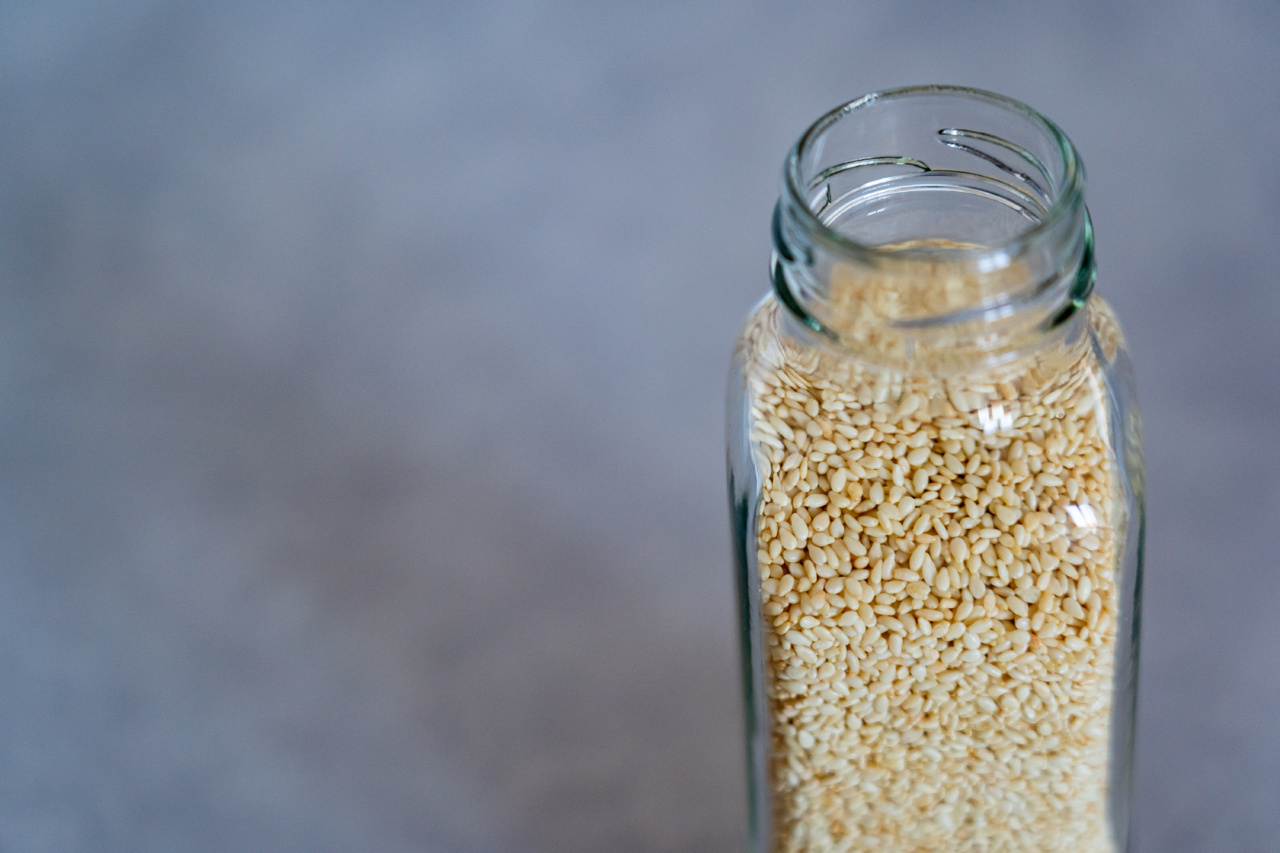Lent is a religious observance that is widely practiced by Christians around the world. It is a period of 40 days of fasting, prayer, and reflection that leads up to Easter.
During this time, many Christians choose to give up certain foods or habits as a way to honor Jesus’ sacrifice and deepen their spiritual connection. While Lent is a meaningful and important time for many believers, there are concerns about the potential nutritional risks associated with fasting or restricting certain food groups.
In this article, we will explore whether Lent is worth the nutritional risk and how individuals can approach this sacred period in a healthy and balanced way.
The Purpose of Lent
Lent is a time of preparation, repentance, and self-discipline for Christians. It is a period to reflect on Jesus’ 40 days of fasting in the desert and his ultimate sacrifice on the cross.
The goal of Lent is to draw closer to God, examine one’s life, and make positive changes. Many Christians choose to give up certain indulgences or habits during this time as a way to focus their minds and hearts on God.
Fasting and Nutritional Risks
One of the common practices during Lent is fasting, which involves abstaining from food for a period of time. While fasting can have spiritual benefits, it is important to consider the potential risks to one’s health.
Drastic changes in eating patterns or prolonged fasting can lead to nutrient deficiencies, low energy levels, and other health problems. It is vital for individuals who choose to fast during Lent to ensure they are still meeting their nutritional needs and taking care of their physical well-being.
Balance and Moderation
Instead of completely eliminating certain food groups or drastically reducing calorie intake, individuals can approach Lent with a mindset of balance and moderation.
Rather than giving up a specific food or habit, some Christians choose to add positive practices during lent, such as volunteering, acts of kindness, or daily devotionals. This allows for a more holistic approach to Lent, focusing on both spiritual growth and maintaining one’s overall health.
Nutrition Tips During Lent
If an individual chooses to observe Lent through dietary modifications, there are several strategies to ensure a healthy and balanced approach:.
1. Consult with a healthcare professional:
Prior to making significant changes to your diet, it is advisable to consult with a healthcare professional or registered dietitian. They can provide personalized guidance based on your specific nutritional needs.
2. Choose nutrient-dense foods:
If certain food groups are restricted, it is important to prioritize nutrient-dense foods that provide essential vitamins and minerals. Focus on incorporating fruits, vegetables, whole grains, lean proteins, and healthy fats into your meals.
3. Plan your meals:
Develop a meal plan that ensures you are meeting your nutritional needs during Lent. This can help you maintain a balanced diet and prevent nutrient deficiencies.
4. Consider alternative fasting practices:
Instead of completely cutting out food, individuals can consider other fasting practices that still allow for adequate nutrient intake. Examples include intermittent fasting, time-restricted eating, or choosing to eliminate one meal or snack per day.
5. Stay properly hydrated:
Drinking enough water is crucial for overall health and well-being. Aim to drink at least 8 glasses of water per day, and more if you are physically active or live in a hot climate.
6. Listen to your body:
It is important to listen to your body’s cues during Lent. If you are feeling weak, fatigued, or are experiencing any negative health effects, it may be a sign that your body needs more sustenance.
Be willing to adjust your fasting or dietary practices accordingly.
7. Practice self-care:
While Lent is a time for self-discipline and reflection, it is also important to prioritize self-care. Ensure you are getting enough sleep, managing stress, and engaging in activities that bring you joy and relaxation.
The Bottom Line
Lent can be a meaningful time of spiritual growth and self-reflection for Christians. However, it is essential to approach this period with balance, moderation, and consideration for one’s nutritional needs.
Fasting or restricting certain foods can carry potential risks, but with careful planning and attention to one’s health, Lent can be observed in a way that is both spiritually enriching and physically sustainable.




























